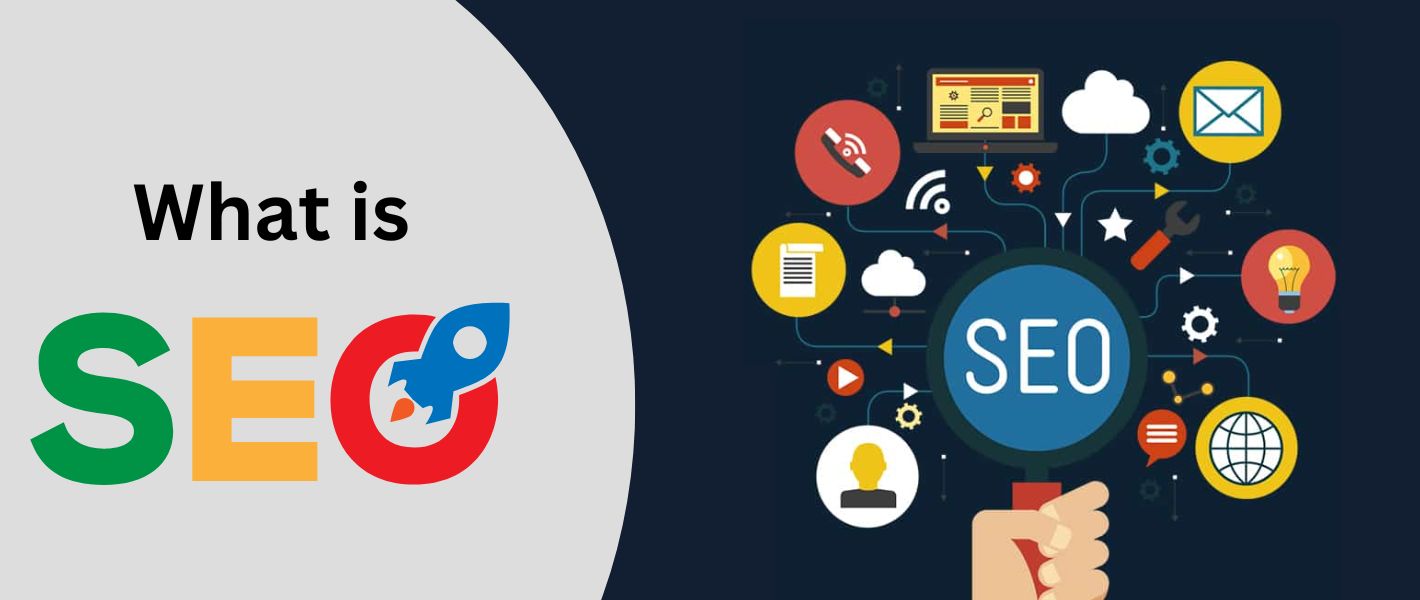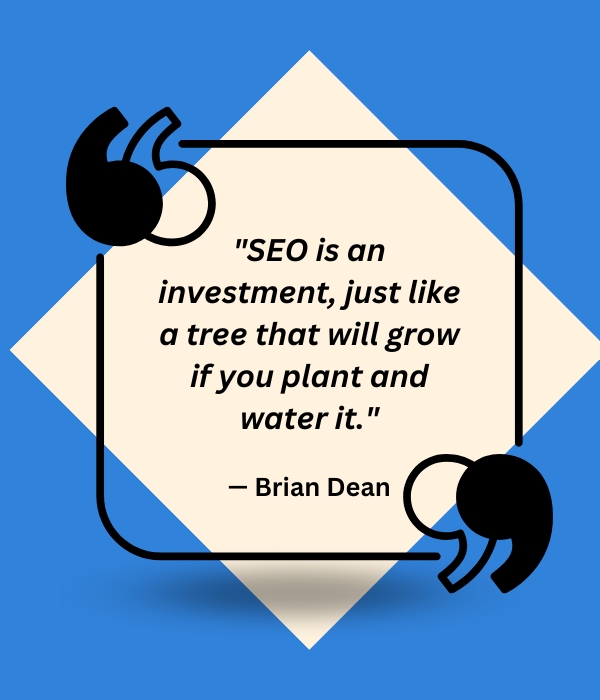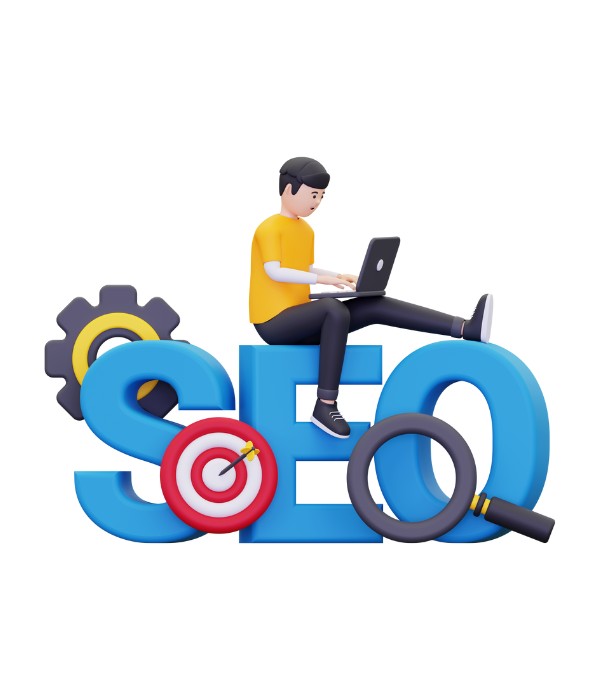
What is SEO? A Beginner's Guide to Understanding SEO
If you’re new to digital marketing, you may have heard the term “SEO” but might not fully understand what it is or why it’s important. SEO, or Search Engine Optimization, is a powerful digital marketing strategy that helps websites attract organic (unpaid) traffic from search engines like Google. In this post, we’ll break down the basics of SEO, explore its core concepts, and explain how it can help you boost your online visibility.
What is SEO?
SEO, or Search Engine Optimization, is the process of optimizing your website so it ranks higher on search engine results pages (SERPs). The goal is to make your website more visible to people who are searching for information, products, or services that you offer. By improving your website’s SEO, you increase the chances of attracting more visitors, which can lead to more engagement, leads, or sales.
Why is SEO Important?
1. Increased Visibility: Higher rankings on SERPs mean your website is more likely to be seen by users searching for relevant terms.

2. Organic Traffic: Unlike paid ads, organic traffic is free, meaning once you achieve good rankings, you don’t have to pay for each visitor.
3. Credibility and Trust: Websites that rank highly are often perceived as more trustworthy and credible.
4. Competitive Advantage: If your competitors are optimizing their sites, you risk losing potential customers if you don’t do the same.
Key SEO Concepts for Beginners
Here are some important SEO terms and concepts to understand:
- Keywords:
These are the words or phrases people type into search engines. For example, “best running shoes” is a keyword phrase. The goal is to include relevant keywords on your website to match what your audience is searching for.
- SERP:
Stands for Search Engine Results Page, which is the page you see after entering a search query on a search engine. Being on the first page, especially in the top few results, is crucial for visibility.
- On-Page SEO:
This includes optimizing elements on your website, like content, title tags, meta descriptions, and headers, to make it more search-engine friendly.
- Off-Page SEO:
Refers to actions taken outside of your website, like acquiring backlinks (links from other websites to yours), which can boost your credibility and search rankings.
- Technical SEO:
Focuses on the technical aspects of your website, such as site speed, mobile-friendliness, and security, to improve user experience and make your site easier to crawl by search engines.

How Does SEO Work?
Search engines like Google use complex algorithms to determine which pages to display for a given query. These algorithms consider hundreds of factors, including:
1. Relevance: How well does your content match the search query?
2. Authority: Is your site considered a trustworthy source? Backlinks from reputable websites can boost your authority.
3. User Experience: Factors like page load speed, mobile compatibility, and overall site usability play a role.
By optimizing your site with these factors in mind, you increase the chances that search engines will show your site in the top results for relevant queries.
Simple SEO Tips to Get Started
1. Keyword Research: Start by identifying keywords your audience is searching for. Use free tools like Google Keyword Planner or Ubersuggest to find keywords relevant to your industry.
2. Optimize Your Content: Incorporate your target keywords naturally within your content, but avoid “keyword stuffing” (overusing keywords in a way that feels forced).
3. Write Compelling Titles and Descriptions: Make sure your page titles and meta descriptions include your main keywords and are enticing to potential visitors.
4. Improve Site Speed: Use tools like Google PageSpeed Insights to check your website’s load time. Slow-loading pages can hurt your rankings and turn visitors away.
5. Make Your Website Mobile-Friendly: Many users search from their phones, so ensure your website looks good and works well on mobile devices.
Wrapping Up
SEO might seem overwhelming at first, but understanding the basics is the first step. By optimizing your website for search engines, you open doors to increased traffic, credibility, and growth. Remember, SEO is an ongoing process, but the long-term benefits make it a worthwhile investment for any website owner.
Call to Action: “Stay tuned for more beginner-friendly posts on SEO and Digital Marketing, and start improving your website’s visibility step-by-step!”
